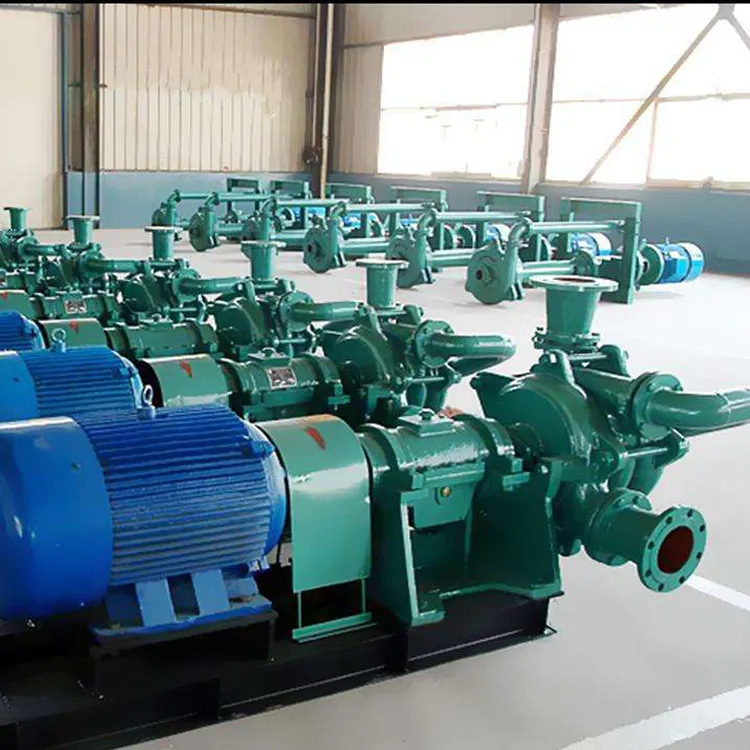hausa
- Afrikaans
- Albanian
- Amharic
- Arabic
- Armenian
- Azerbaijani
- Basque
- Belarusian
- Bengali
- Bosnian
- Bulgarian
- Catalan
- Cebuano
- Corsican
- Croatian
- Czech
- Danish
- Dutch
- English
- Esperanto
- Estonian
- Finnish
- French
- Frisian
- Galician
- Georgian
- German
- Greek
- Gujarati
- Haitian Creole
- hausa
- hawaiian
- Hebrew
- Hindi
- Miao
- Hungarian
- Icelandic
- igbo
- Indonesian
- irish
- Italian
- Japanese
- Javanese
- Kannada
- kazakh
- Khmer
- Rwandese
- Korean
- Kurdish
- Kyrgyz
- Lao
- Latin
- Latvian
- Lithuanian
- Luxembourgish
- Macedonian
- Malgashi
- Malay
- Malayalam
- Maltese
- Maori
- Marathi
- Mongolian
- Myanmar
- Nepali
- Norwegian
- Norwegian
- Occitan
- Pashto
- Persian
- Polish
- Portuguese
- Punjabi
- Romanian
- Russian
- Samoan
- Scottish Gaelic
- Serbian
- Sesotho
- Shona
- Sindhi
- Sinhala
- Slovak
- Slovenian
- Somali
- Spanish
- Sundanese
- Swahili
- Swedish
- Tagalog
- Tajik
- Tamil
- Tatar
- Telugu
- Thai
- Turkish
- Turkmen
- Ukrainian
- Urdu
- Uighur
- Uzbek
- Vietnamese
- Welsh
- Bantu
- Yiddish
- Yoruba
- Zulu
Telephone: +86 13120555503
Email: frank@cypump.com
Dec . 20, 2024 07:25 Back to list
septic pump prices
Understanding Septic Pump Prices What You Need to Know
When it comes to maintaining a functioning septic system, one of the most crucial components is the septic pump. This vital device ensures that waste and sewage are properly transported from a household to the septic tank and beyond. Just like any other facet of home maintenance, understanding the costs associated with septic pumps can help homeowners make informed decisions. In this article, we delve into the factors influencing septic pump prices, helping you navigate the varying costs involved.
The Importance of a Quality Septic Pump
A septic pump is essential, particularly in homes where gravity cannot facilitate the movement of wastewater. These pumps not only protect the environmental integrity by preventing leaks or backflows but also prolong the life of the septic system. A reliable septic pump can save homeowners from extensive repairs and costly replacements down the line. Therefore, investing in a high-quality septic pump is often considered a wise choice, despite potential higher upfront costs.
Factors Influencing Septic Pump Prices
1. Type of Pump There are different types of septic pumps, each suitable for specific applications. The most common types include sewage pumps, effluent pumps, and grinder pumps. Sewage pumps typically range from $400 to $1,200, while effluent pumps tend to be slightly less expensive, averaging between $300 to $800. Grinder pumps, on the other hand, can be more expensive, with costs ranging from $700 to $2,000 or more due to their specialized function of grinding solid waste before pumping.
2. Brand and Quality Just like any other product, brand reputation and quality significantly affect pricing. Established brands with a track record of reliability may command higher prices, but they often offer better warranties and customer service. Conversely, lesser-known brands might come at a lower price but may not deliver the same longevity or reliability.
septic pump prices

3. Horsepower and Capacity The power of the septic pump, measured in horsepower (HP), also impacts the price. Pumps with higher horsepower are generally more expensive, as they can handle larger volumes of waste and are often designed for tougher applications. Most residential septic pumps range from 0.5 HP to 3 HP.
4. Installation Costs The price of the pump itself is only part of the total expense. Installation can add a significant amount to your overall costs, typically ranging from $200 to $1,500 depending on the complexity of the installation and labor rates in your area. Proper installation is crucial; improper setup can lead to early pump failure and additional costs down the line.
5. Maintenance and Warranty Investing in a septic pump with a solid warranty can save homeowners money in the long run. Some pumps come with extended warranties covering parts and labor, which can provide peace of mind. Maintenance costs, such as regular check-ups and potential repairs, should also be factored into the overall investment.
6. Location and Accessibility The geographical location and accessibility of your septic system can also influence costs. In areas where pumps are less easily accessible or where local codes are strict, installation costs may be higher due to the extra labor required.
Conclusion
Understanding septic pump prices involves more than just looking at the ticket price of the pump. It's crucial to consider the type of pump, brand, installation fees, and ongoing maintenance costs. While it might be tempting to opt for the cheapest option available, investing in a quality septic pump can save you from significant headaches and expenses in the future.
Ultimately, the right septic pump is one that meets your household's needs while fitting within your budget. Take the time to evaluate your options, consult with professionals, and consider both upfront and long-term costs. By doing so, you’ll ensure that your septic system remains functioning smoothly, safeguarding your home and the environment for years to come.
-
Septic Tank & Pump Systems Reliable Waste Management & Macerator Solutions
NewsMay.17,2025
-
Best Basement Bathroom Ejector Pump System Efficient & Quiet Design
NewsMay.17,2025
-
Best Sewage Ejector Pumps 2023 Heavy-Duty & Reliable Basement Solutions
NewsMay.16,2025
-
Single vs Double Suction Pumps Efficiency, Design & Use Cases
NewsMay.16,2025
-
Top-Rated Sewer Ejector Pumps High-Capacity & Durable Solutions
NewsMay.16,2025
-
Vertical Slurry Pump Manufacturer Durable Rubber Parts & Custom Solutions
NewsMay.15,2025










